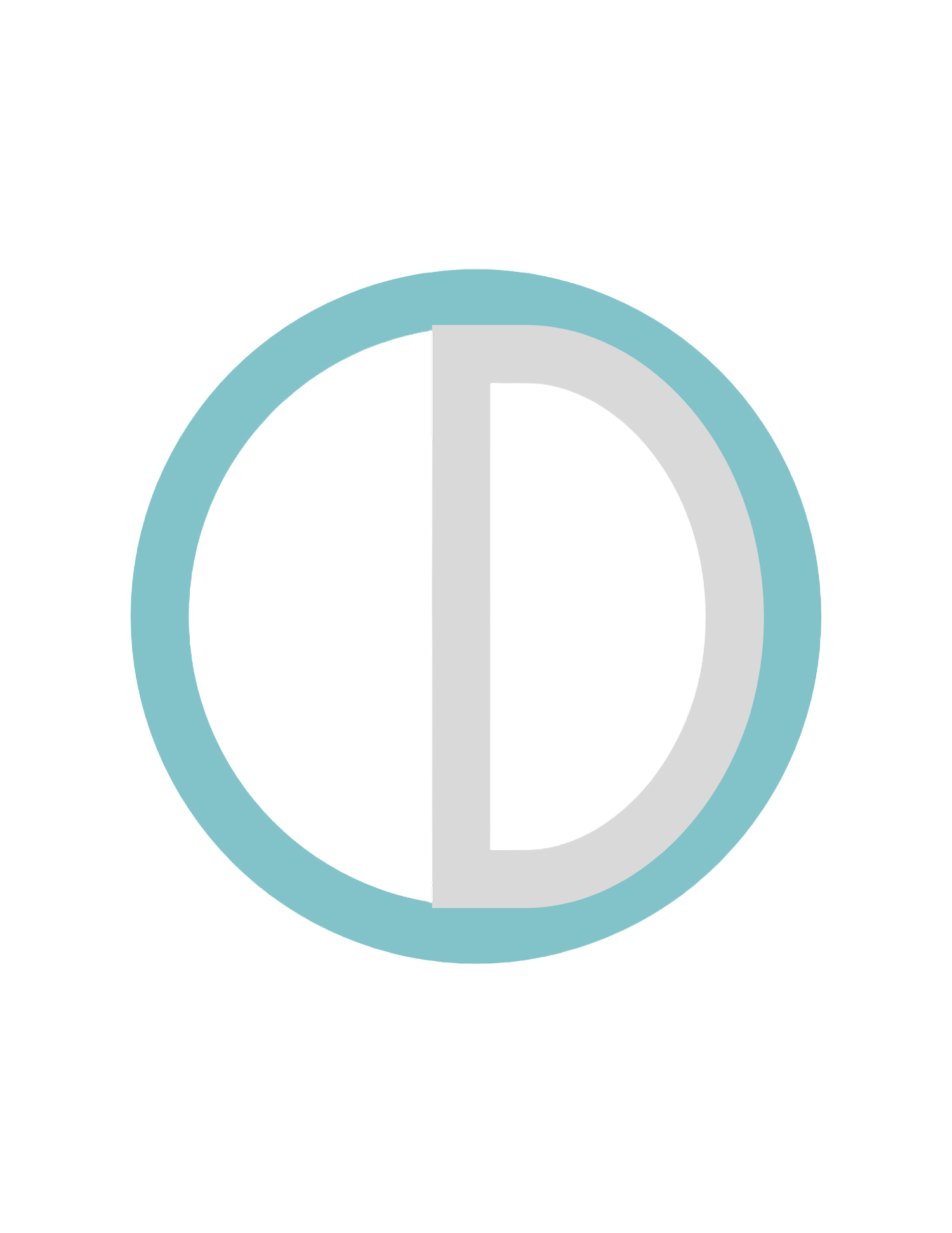
Frequently Asked Questions
-
Individual sessions are 50 minutes and my average rate is $185 per session. Relationship and family sessions are 75 minutes and my average rate is $250 per session. I understand that life is not getting more affordable and therapy can be a significant expense – I want our work to be as sustainable as possible for us both.
I do offer a sliding scale based on household income and can share that with you during our consultation. I also offer a limited number of pro-bono spots for organizers, activists, and movement builders as part of my contribution to global liberation.
-
At this time I do not accept insurance and am not an in-network provider. However, I will happily provide a Superbill upon request that you can submit to your insurance provider.
-
Different therapy modalities operate on different timelines. The foundation of my therapeutic stance is building trust with you as the client to enable greater exploration and depth work. As such, I cannot put a specific timeline on the therapeutic experience I will provide. Our first sessions will consist of exploring what you specifically hope to work on in therapy and creating a treatment plan. As we progress in our work together, we’ll check in on your symptoms, experience, progress, and goals. This work is nonlinear, and I seek to create room for whatever is most pressing for you while continuing to address the deeper areas you wish to explore.
If time is a great concern for you, I encourage you to bring that up in your therapist consultations. While there are therapists who work in time-limited modalities, I tend to work with clients over longer periods of time.
-
That’s a fair question! While on-demand virtual mental health services may seem like an easy fix when you’re in need of emotional support, they are not the same as relational therapy. Relational therapy is about the relationship we build together (one of the strongest indicators of a successful therapy experience) and the depth that you can achieve by working with someone in an intentionally cultivated space over time, building trust organically. What’s more is that I will keep our space and the information you share truly confidential — BetterHelp has been fined by the FTC for selling private health information to “major advertising platforms, including Facebook, Snapchat, Criteo, and Pinterest”. I care about your privacy, and I care about what we can build together over time.
-
Researchers have found that one of the strongest indicators for a successful therapeutic relationship is the alliance between therapist and client(s). Taking the time to make sure you’ve found the right therapist for your needs is worth the extra effort!
I recommend reaching out to ~2-3 therapists and observe how you feel while speaking with them. Some helpful things to consider during these consultations are:
Why you’re seeking therapy at this time
What you hope to gain from therapy
Fee/budget
Accessibility
The therapist’s approach and values
If you want to try working together, we’ll typically use the first 1-3 sessions as a mutual assessment period and decide after that whether we’d like to continue working together. I will always provide potential referrals if you decide we may not be a good fit!
-
I recommend taking note of things that come up for you between our sessions, whether that’s on your phone, on a post-it, or in a journal. It can be easy to lose touch with your experience throughout the course of the week, and noting things as they come to you is a great way to prepare for your session ahead of time. Because our sessions will be conducted via Telehealth, I encourage you to try to set aside 2-3 minutes before we meet to take a few breaths, check in with yourself, and notice what’s coming up for you in those moments. Doing so will make it easier for us to work with what’s coming up for you the most when we connect.
-
Let’s start with a free 20-minute consultation on the phone, which you can schedule here. During that call, we’ll discuss what inspired you to seek out therapy and what you hope to gain from therapy. I’ll also share more about my practice, approach, and some logistics. If we feel like working together might be a good fit after that initial conversation, we will move forward with scheduling our first therapy session!
-
I offer no-fee cancellations up to 48 hours before our scheduled session. After that, we can attempt to find a time to reschedule during that same week or you will be billed for the cancelled session.
-
A Marriage and Family Therapy (LMFT/AMFT) license is the predominant license for psychotherapists in California. MFT training focuses specifically on treating the family (whether that’s family of origin or family of choice!) and exploring the relationship dynamics present in that structure. We often also see individuals in therapy, and have training to do so as well!
Licensed Professional Clinical Counselors (LPCCs/APCC) are trained to provide counseling primarily for individuals, and have specific experience in career counseling.
Both are regulated by the Board of Behavioral Sciences in California, as are Licensed Clinical Social Workers (LCSW). All three of these licenses require training to provide counseling and are valid choices for psychotherapists.
The following are brief explanations of some of the therapeutic modalities mentioned on this site. They are designed to give you a high-level idea of the concept and are not all-encompassing. I have been trained in and pull from these techniques and more. Some therapists work exclusively in a specific modality, which they will explicitly state on their website — they may also have received additional training and certification in it.
Psychodynamic therapy: A style of talk therapy that focuses on the “why” behind current behaviors and thought patterns. Using an approach of depth, psychodynamic therapy is interested in exploring early life experiences and how they show up in current-day interactions.
Somatic attachment therapy: A combination of talk therapy and embodied therapy. This approach aims to uncover and heal attachment wounds (building off the work of Ainsworth and Bowlby’s Attachment Theory) by reconnecting with our somatic experience, or the experience of our physical body.
Motivational interviewing (MI): While this approach is considered to be the gold-standard for substance use treatment, its applications extend far beyond that. MI is an evidence-based approach to work with individuals who may want to change but experience a high degree of ambivalence, using respect, curiosity, and guiding to help achieve positive change.
Solutions-focused therapy: This approach focuses on eliciting what is already working well, what clients envision as best possible outcome of therapy, and then working together to come up with a practical plan to work towards that outcome.
Dialectical behavioral therapy (DBT): DBT is a style of talk therapy that draws from Cognitive Behavioral Therapy (CBT). It is helpful for learning to sit with intense emotions, improving distress tolerance, and developing adaptive coping strategies for navigating challenging emotions.
Harm Reduction: Harm Reduction is an alternative to abstinence-based substance use recovery. It follows a set of principles that emphasize minimizing harm to the individual, maximizing available options and resources for care, and meeting clients where they’re at.
